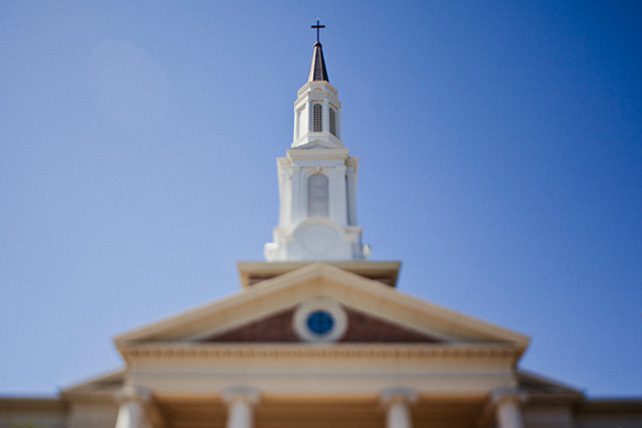The Lord’s Supper, Communion, or the Eucharist might be a formal ceremony in one setting or a simple meal in another. But as Paul reminds us in 1 Corinthians, it’s an act of worship, with a backward look at the cross (“in remembrance”) and a forward look at his return (“until he comes”).
5. Covenant Community: A Church That Lives as Family
Church isn’t an event you attend; it’s a community you belong to. The early church in Acts 2:42-47 didn’t just meet together—they lived together, shared resources, prayed for each other, and held one another accountable.
In collectivist cultures, like many in Asia and Africa, covenant community comes naturally because family and group identity are central. In the individualistic West, churches must work harder to cultivate real community through small groups, discipleship, and shared mission. In persecuted contexts, community often forms through necessity—believers rely on each other for spiritual and even physical survival.
Biblical churches aren’t just a crowd of attendees; they’re a covenant family. This includes caring for one another and holding one another accountable—which churches should do, though it has fallen out of favor today.
6. Mission: A Church That Goes and Sends
Jesus didn’t tell his disciples to stay—he told them to go (Matthew 28:19-20). The early church spread the gospel everywhere they went, and mission must still be central to who we are.
In the Bible Belt, mission may mean pushing back against cultural Christianity and actually engaging lost people, serving our neighbors in Jesus’ name. In secular Europe, it might look like relational evangelism—building trust and having gospel conversations over time. In Muslim-majority countries, mission often happens through hospitality and quiet faith-sharing rather than public proclamation.
After all, the moment we’re in or the place where we live, doesn’t change the mission we’re on.
So, other things can be good—a good Bible study or a good worship gathering. They can even be Christian—a Christian group at work, or a Christian NGO. But to be a church is more than that. It takes intentionality to embody marks of a biblical church. Those marks must be universal if they are biblical—applied everywhere to every church. And these six marks meet the test of being biblical and universal.

